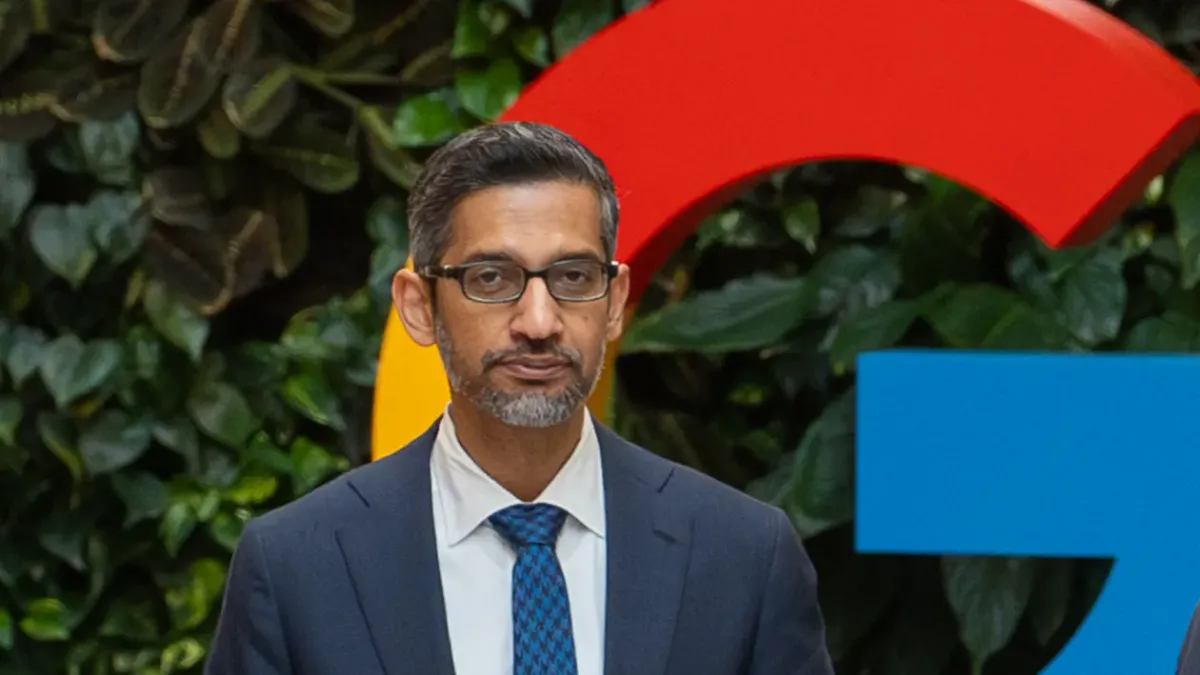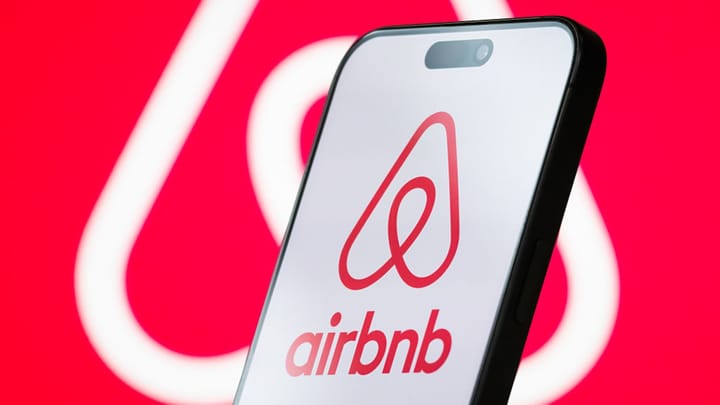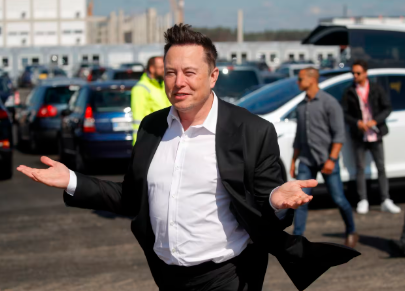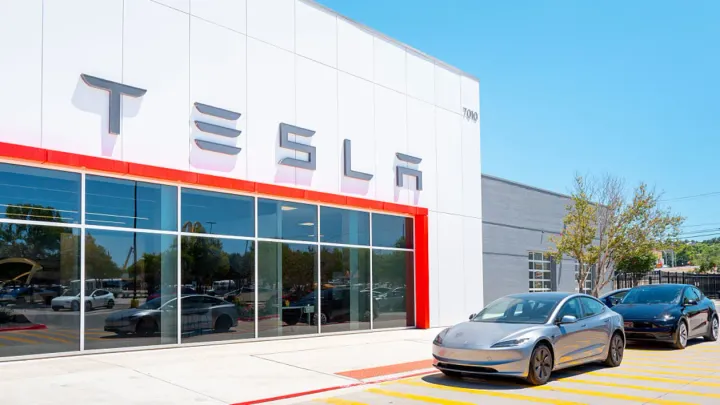Google Recruits Windsurf CEO Varun Mohan, Others in $2.4 Billion AI Talent Deal

In a daring bid that amplifies the current AI talent battle, Google revealed on Friday a \$2.4 billion deal to acquire Varun Mohan, the co-founder and chief executive of AI coding company Windsurf, and multiple senior members of his research and development team. The acquisition is one of the most important human capital deals in the artificial intelligence industry to date.
Instead of buying Windsurf outright, Google is obtaining a nonexclusive license to certain Windsurf technologies, which will allow the tech giant to tap into state-of-the-art AI advancements without taking on the acquisition. Windsurf will be independent and can continue to license its tech to other firms — a strategic play that will allow it to maintain market flexibility and future growth prospects.
Google confirmed the news in an official statement:
“We’re excited to welcome some top AI coding talent from Windsurf’s team to Google DeepMind to advance our work in agentic coding,” a Google spokesperson said. “We’re excited to continue bringing the benefits of Gemini to software developers everywhere.”
This is following that Windsurf earlier was in sole acquisition negotiations with OpenAI for a $3 billion acquisition, April reported. The exclusivity period elapsed, however, and the doors were left open for other possibilities — one of which Google hurriedly took advantage of.
The $2.4 billion payment comprises licensing costs and incentive packages for the new talent. Some of the high-profile names signing up at Google include Douglas Chen, co-founder of Windsurf. Jeff Wang, Windsurf's interim CEO and present head of business, made the switch official on social media site X (formerly Twitter), saying:
"Most of Windsurf's world-class team will continue to build the Windsurf product with the goal of maximizing its impact in the enterprise."
This move reflects Google's increasing emphasis on agentic coding — a term applied to independent AI agents that can compose, test, and deploy code with little human intervention. By adding Windsurf's pioneering team to Google DeepMind, the company wants to build on its Gemini platform for developers further and remain competitive in the rapidly changing AI software space.
The release also underscores how leading players in the tech industry are competing to dominate the AI realm by hastily buying or recruiting top talent. Meta, for example, recently hired Scale AI founder Alexandr Wang to spearhead its AI agenda, and Microsoft has acquired Inflection AI into its fold and incorporated "agent mode" into Visual Studio Code to augment productivity through vibe coding — a nascent methodology deploying AI to write functional and expressive code.
Windsurf has made significant headway this year among developers and non-developers alike due to its easy-to-use vibe coding tools that drive AI-enabled programming within reach. Its expanding popularity and enterprise appeal have garnered investor attention, with the result being a boost in valuation and strategic suitor interest, such as from Cursor and OpenAI.
This is not the first time Google has recruited talent instead of an acquisition. In 2024, it brought on board a number of employees from Character.AI. Likewise, Microsoft and Amazon have done the same, demonstrating a greater trend in which buying top brains and IP is as significant — if not more — as buying whole companies.
FAQ
Is Google buying Windsurf outright?
No. Google is not buying Windsurf. Rather, it is recruiting important team members, such as CEO Varun Mohan, and purchasing a nonexclusive license to some of the Windsurf technologies. The startup company continues as an independent entity.
What is "agentic coding," and why is it important?
Agentic coding is defined as the utilization of AI agents that are capable of writing, debugging, and deploying code independently. The technology shortens development cycles and diminishes the workload for human laborers, making it a priority for brands such as Google, Microsoft, and Meta.
What's next for Windsurf following this transaction?
Windsurf will continue to operate independently, led by interim CEO Jeff Wang. Most of the company’s product team will stay to further develop its AI tools, especially for enterprise clients.
Why did OpenAI’s $3 billion deal with Windsurf fall through?
OpenAI was in an exclusivity period with Windsurf to consummate an acquisition. However, that period ran out and Windsurf chose not to proceed with the deal, paving the way for Google's strategic hiring agreement.
How does this impact Google's AI strategy?
The hiring of best AI coding experts from Windsurf enhances Google DeepMind's agentic coding capabilities and accelerates the Gemini developer platform. It demonstrates Google's devotion to innovation in next-generation AI software development tools.



